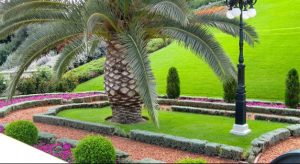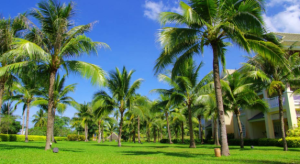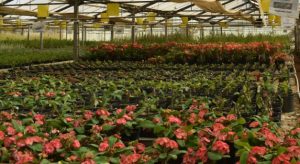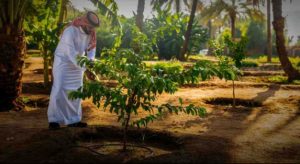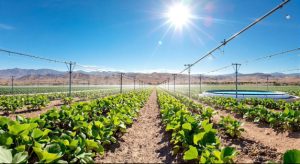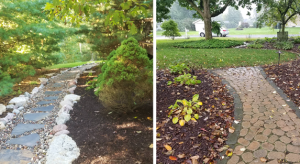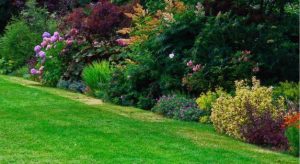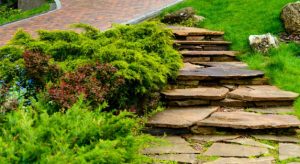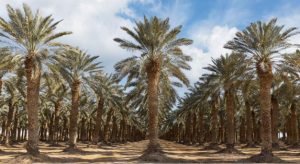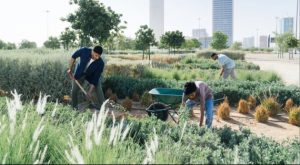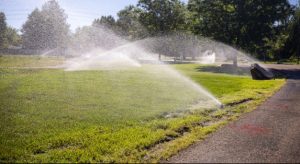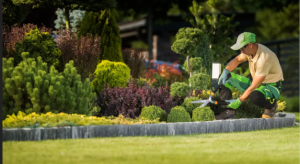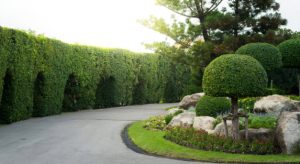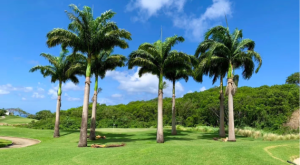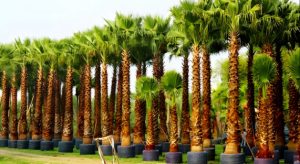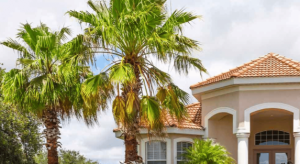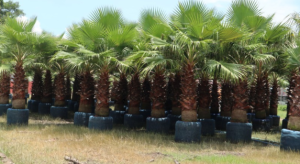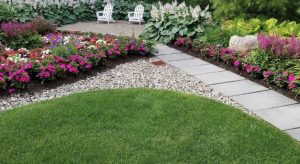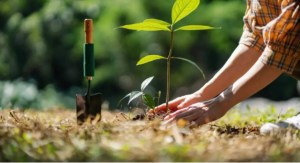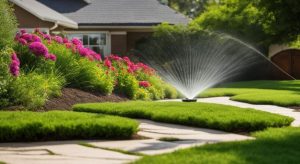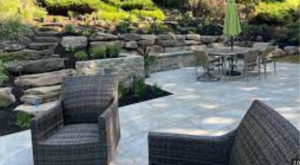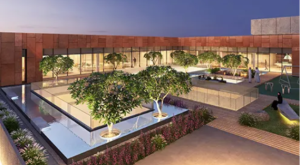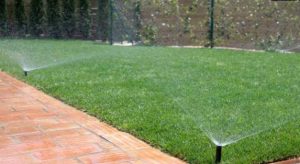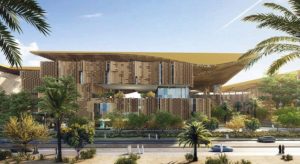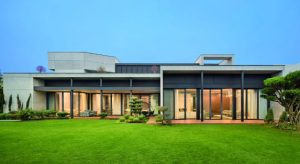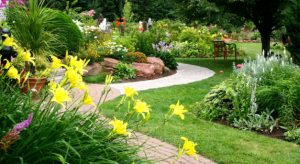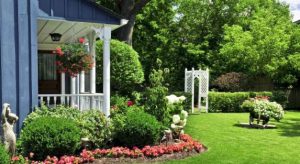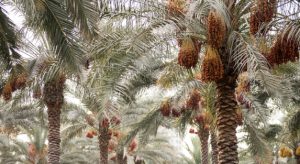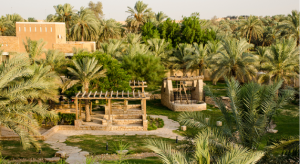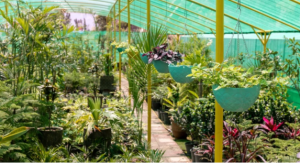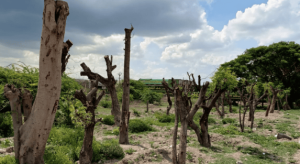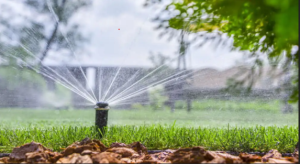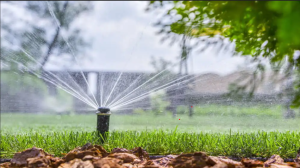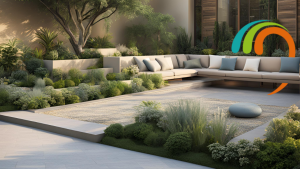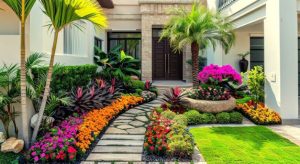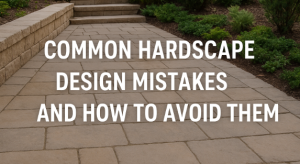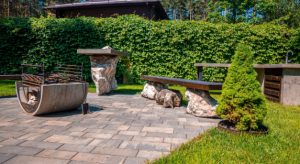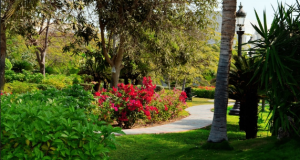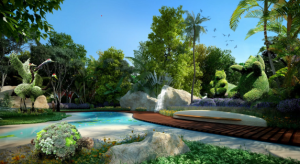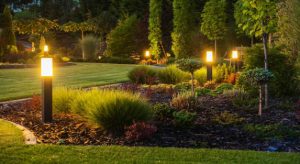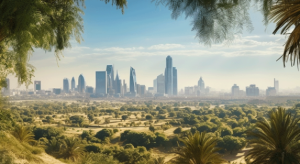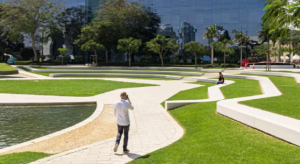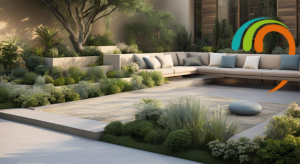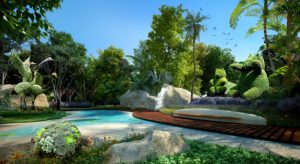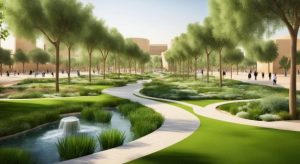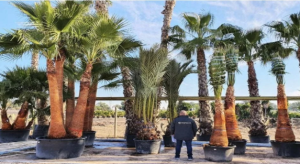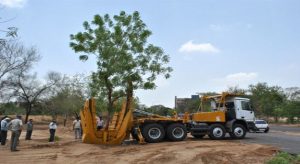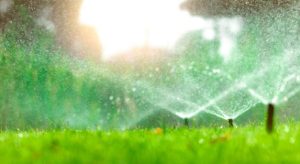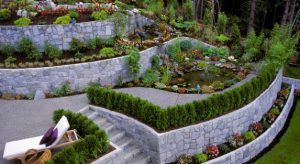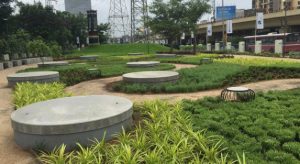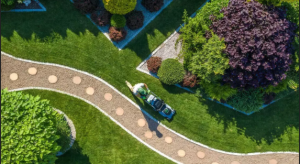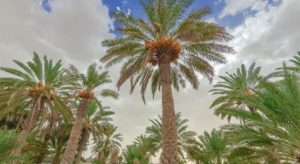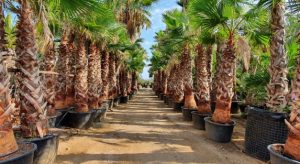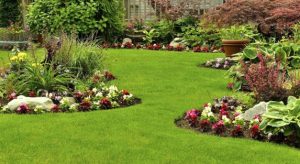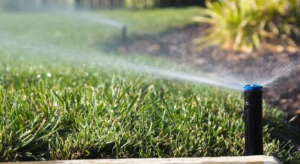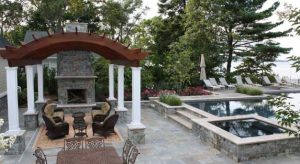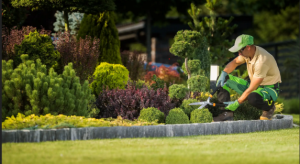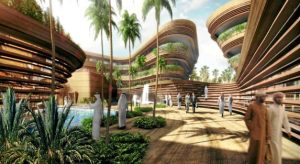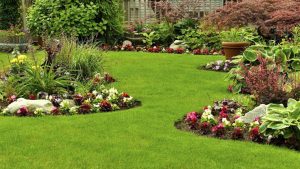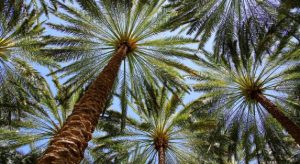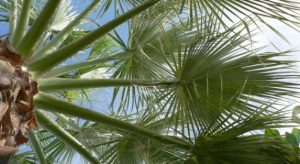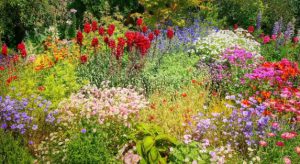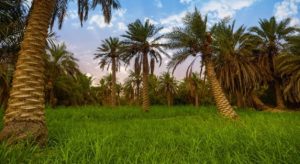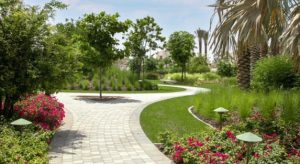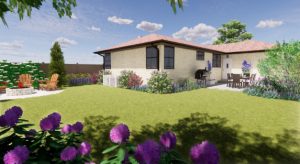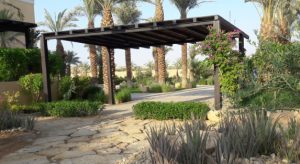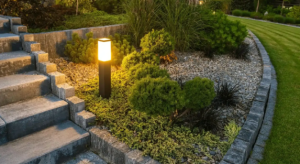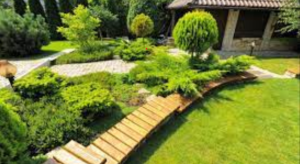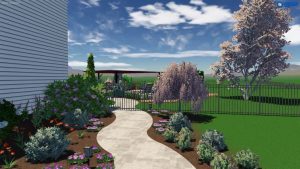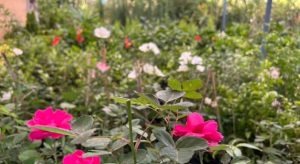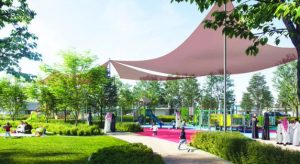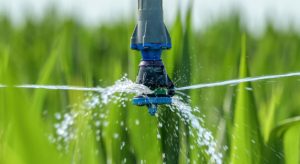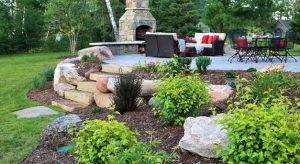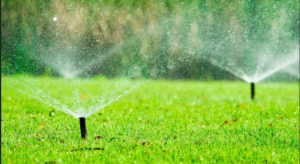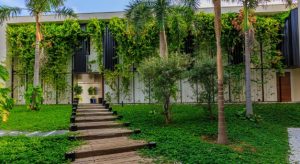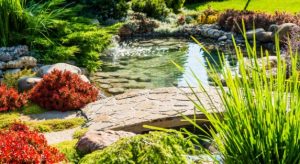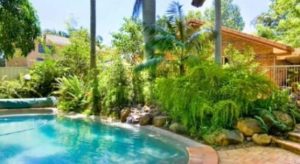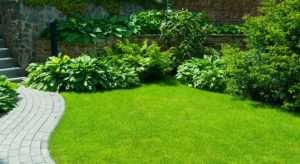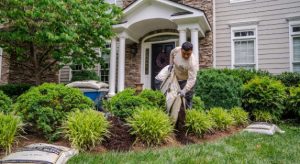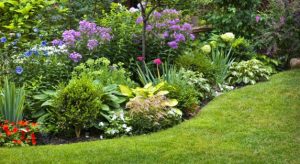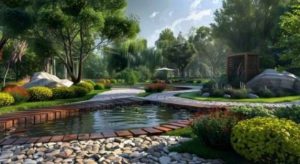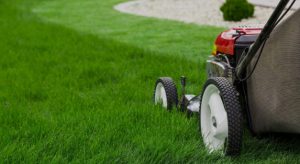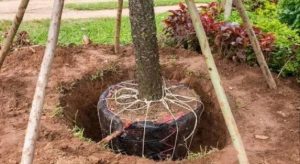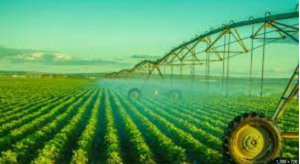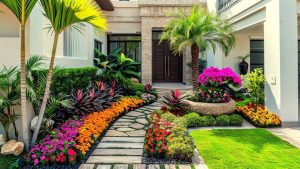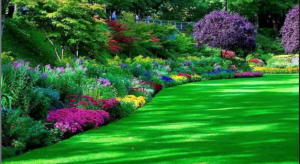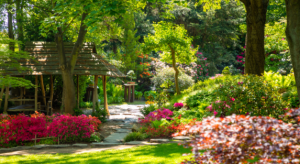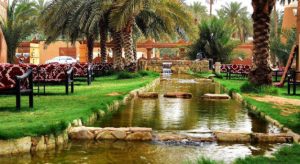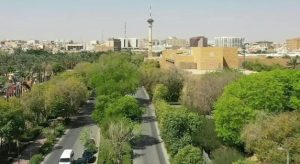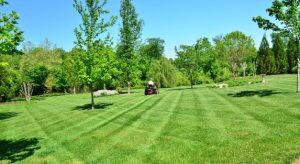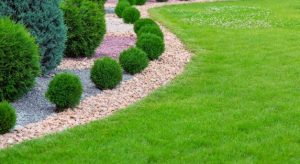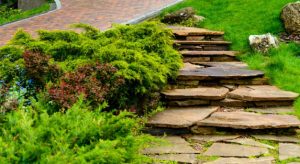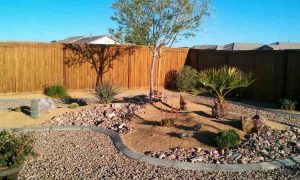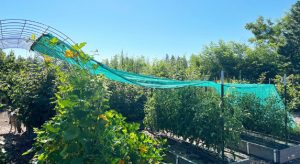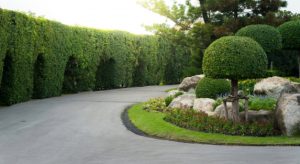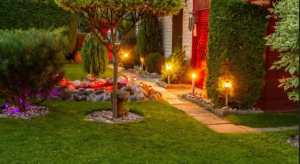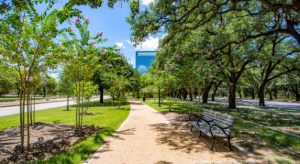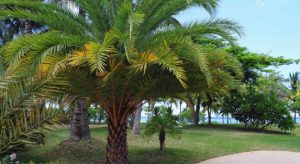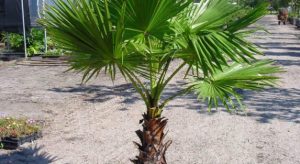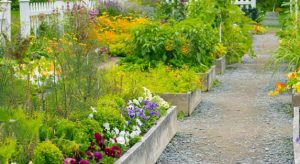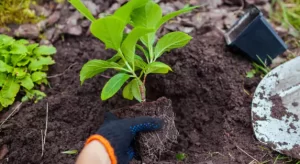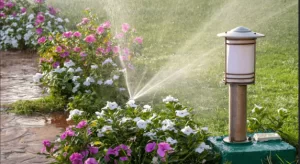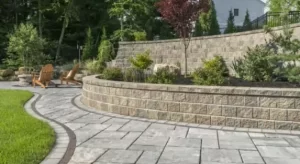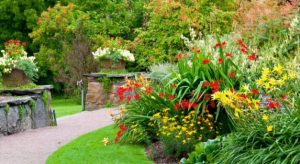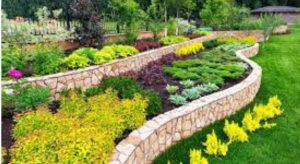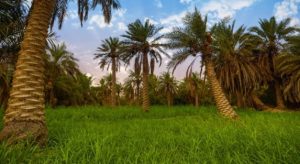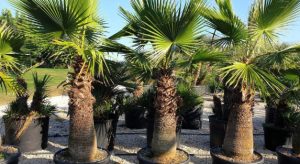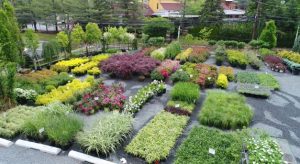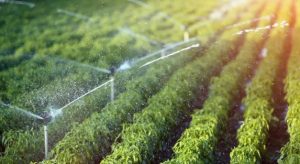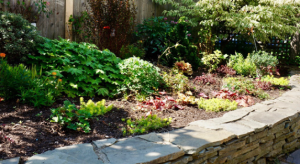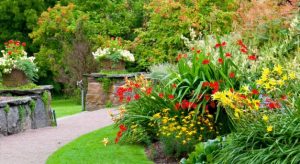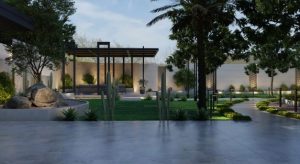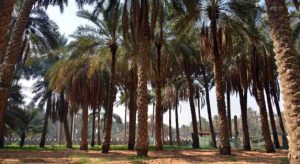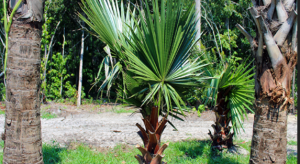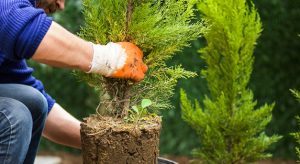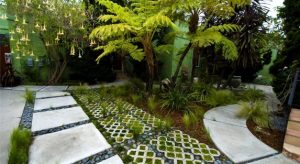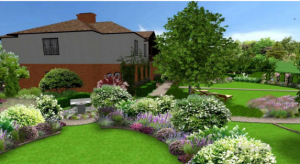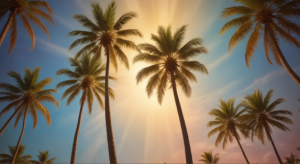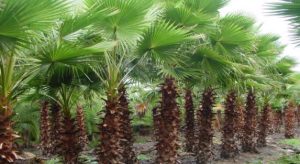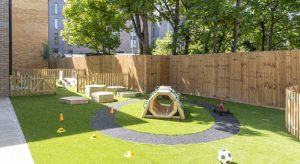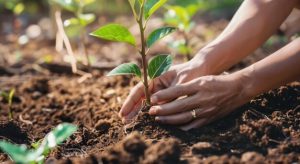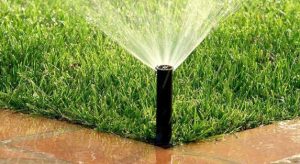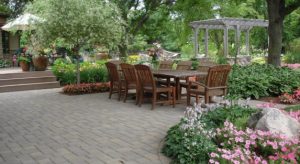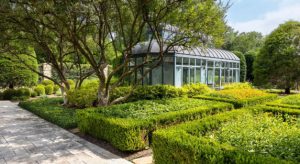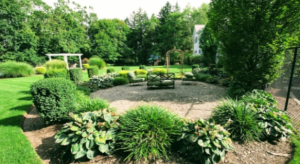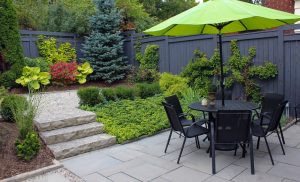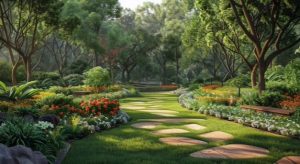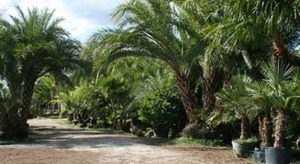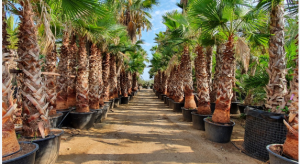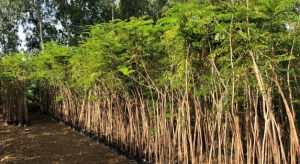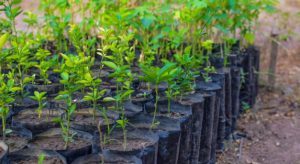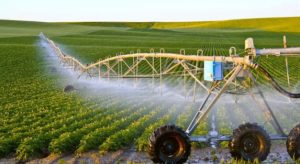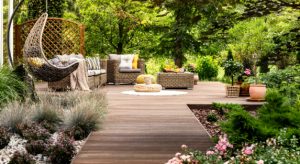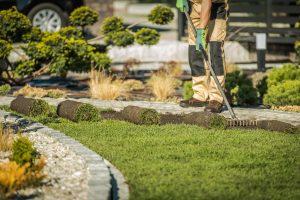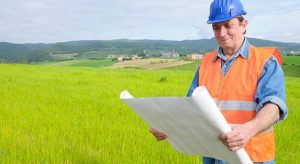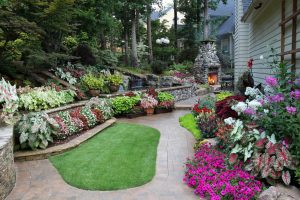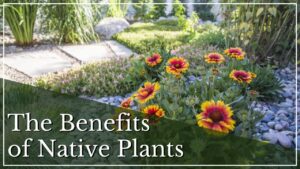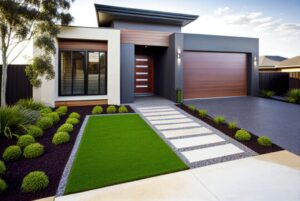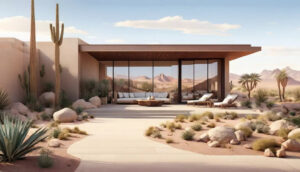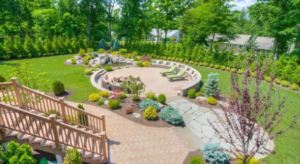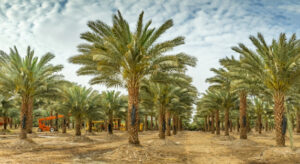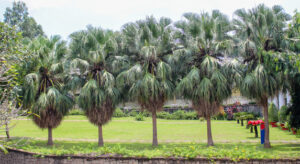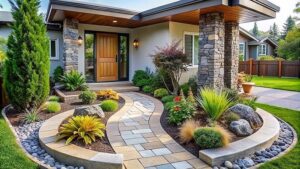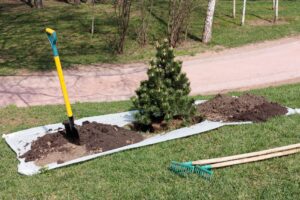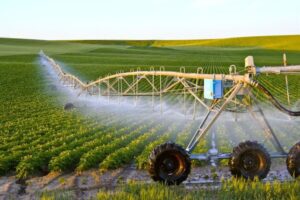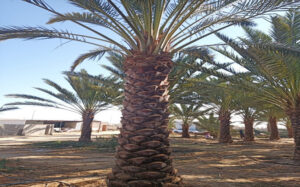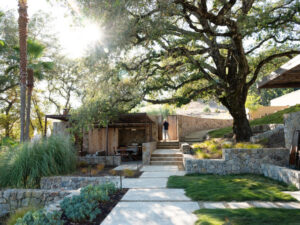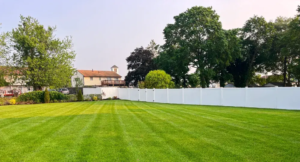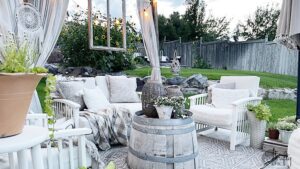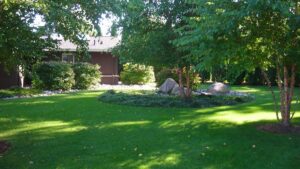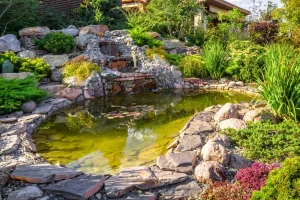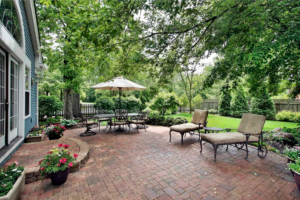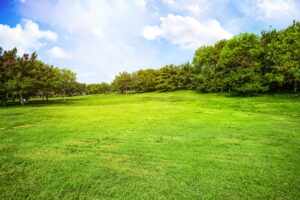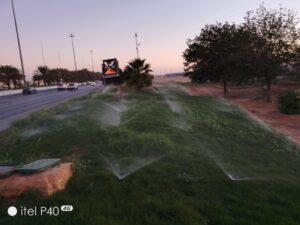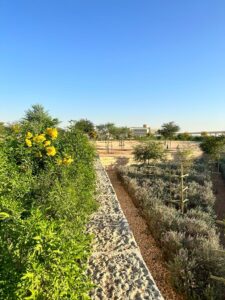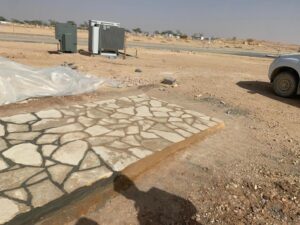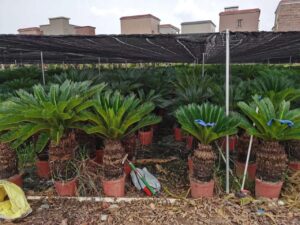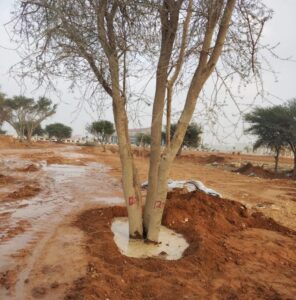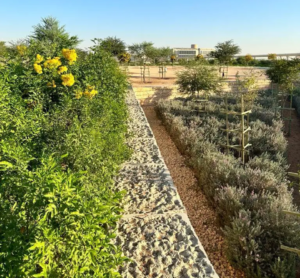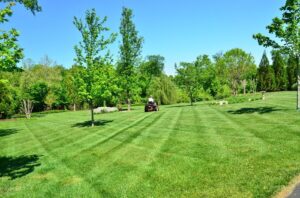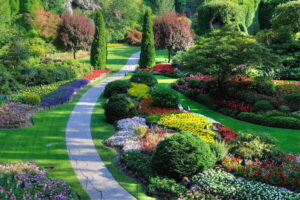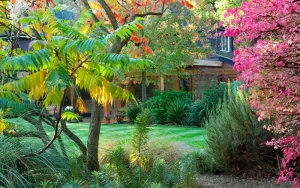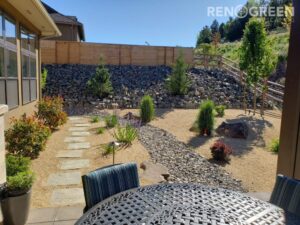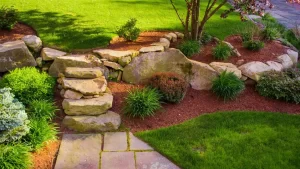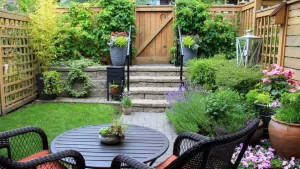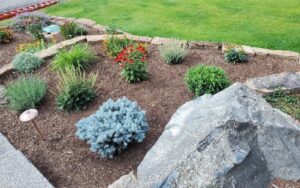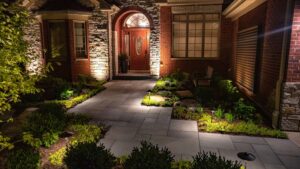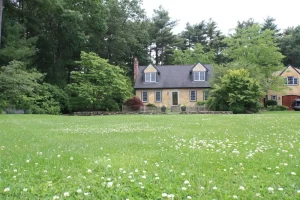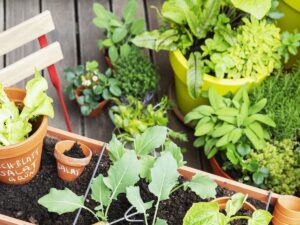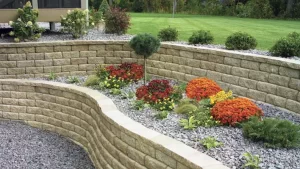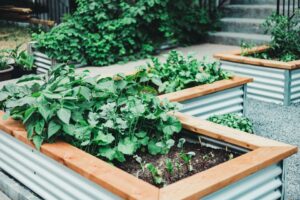How Does Landscaping Promote Sustainable Living in Saudi Arabia
29 August, 2025
Introduction: The Growing Importance of Sustainable Landscaping in Saudi Arabia
Saudi Arabia is a nation with an incredibly unique landscape—stretching deserts, scarce water resources, and extreme summer heat define much of its natural environment. As the Kingdom continues to undergo rapid urbanization and infrastructure growth under its Vision 2030 development plan, the challenge of balancing modernization with environmental sustainability becomes more pressing. With cities expanding and residential as well as commercial projects on the rise, the question arises: how can urban environments remain livable, eco-friendly, and in harmony with nature? This is where landscaping becomes far more than just a matter of aesthetics—it transforms into a vital tool for sustainable living.
A professional landscaping company in Saudi Arabia understands the environmental constraints unique to the region and applies innovative design strategies to create sustainable outdoor spaces. Instead of viewing landscaping as merely decorative, companies now focus on optimizing resources, conserving water, and creating microclimates that make daily life more comfortable. Through careful planning, the right plant selections, and advanced irrigation technologies, landscaping contributes directly to both environmental protection and human well-being.
For homeowners, businesses, and municipalities, landscaping has become a means to achieve multiple goals—reducing energy costs, lowering environmental impact, and building eco-friendly communities. Beyond functionality, it also has the power to connect people with their natural surroundings, making neighborhoods more vibrant and livable.
In this article, we’ll explore in depth how landscaping promotes sustainable living in Saudi Arabia. We’ll look at water conservation, biodiversity, energy efficiency, eco-friendly materials, and even the health and wellness benefits of green spaces. By the end, you’ll see why investing in a landscaping company in Saudi Arabia isn’t just about beauty—it’s about securing a sustainable future.
Water Conservation Through Smart Landscaping
In Saudi Arabia, water is one of the most precious resources, with the majority of the country depending on desalination plants and limited underground reserves. This scarcity makes water conservation a top priority, and landscaping plays a surprisingly critical role in achieving it. A professional landscaping company in Saudi Arabia approaches water management not just as a necessity but as a foundation for sustainable living.
One of the most effective strategies used in the Kingdom is xeriscaping, a landscaping method that emphasizes the use of drought-tolerant plants suited to arid climates. Native plants such as date palms, acacias, and desert grasses thrive naturally in Saudi conditions, requiring far less irrigation than imported species. This smart plant selection reduces overall water consumption while still creating visually appealing green spaces.
Another important technique is the use of drip irrigation systems. Unlike traditional sprinklers that waste water through evaporation and runoff, drip irrigation delivers water directly to plant roots in controlled amounts. This ensures maximum efficiency, with some systems reducing water usage by up to 50%. When combined with soil moisture sensors and automated irrigation technology, the result is a highly optimized watering schedule that aligns with actual environmental needs rather than guesswork.
Landscaping also incorporates water recycling methods, such as reusing treated greywater for irrigation. Many modern developments in Saudi Arabia are integrating these systems into their designs, significantly cutting down reliance on freshwater. Additionally, using ground covers like gravel or organic mulch helps retain soil moisture and minimize evaporation in the harsh sun.
In essence, smart landscaping practices allow communities to maintain greenery without straining precious water reserves. By partnering with a reliable landscaping company in Saudi Arabia, homeowners and businesses can enjoy sustainable, lush outdoor spaces that align with the Kingdom’s water conservation goals.
Enhancing Biodiversity and Green Ecosystems
Saudi Arabia is often perceived as a land dominated by desert, but beneath that perception lies incredible potential for cultivating thriving ecosystems. Landscaping, when thoughtfully designed, serves as a bridge between urban development and natural balance by encouraging biodiversity. A professional landscaping company in Saudi Arabia understands that creating green spaces is not merely about aesthetics—it is also about designing environments where various species can coexist and flourish.
Introducing native plants into landscapes is one of the most effective ways to promote biodiversity. Indigenous trees, shrubs, and flowering plants are naturally adapted to local soil and climate, requiring minimal resources while offering food and shelter to wildlife. Birds, pollinators like bees, and even small mammals benefit from these carefully selected plants, helping restore ecological balance in areas impacted by urbanization. For example, acacias provide nesting spaces for birds, while desert flowers support bee populations essential for pollination.
Landscaped spaces also act as green corridors within cities, connecting fragmented natural habitats. These corridors allow species to move, migrate, and reproduce, thereby preventing the decline of local fauna. Parks, residential gardens, and commercial landscapes can collectively form a network of supportive environments that bolster biodiversity across urban and suburban areas.
Furthermore, landscaping contributes to soil health and air quality. Plant roots prevent soil erosion, while greenery filters dust and pollutants, improving the environment for humans and animals alike. By incorporating water features, shaded areas, and diverse vegetation, landscaped ecosystems create microhabitats that sustain life even in harsh desert conditions.
Ultimately, enhancing biodiversity through landscaping provides long-term ecological resilience. By collaborating with a skilled landscaping company in Saudi Arabia, communities can cultivate environments that not only beautify their surroundings but also nurture life, conserve heritage species, and ensure the sustainability of local ecosystems for generations to come.
Reducing Carbon Footprints with Green Landscapes
One of the most pressing global challenges today is reducing carbon emissions, and landscaping offers a surprisingly powerful solution. By strategically introducing greenery into urban and residential spaces, a landscaping company in Saudi Arabia can help communities significantly reduce their carbon footprint while improving overall environmental health.
Plants are nature’s most effective carbon absorbers. Through photosynthesis, trees and shrubs capture carbon dioxide from the atmosphere and release oxygen, creating cleaner and more breathable air. In cities like Riyadh and Jeddah, where rapid industrialization has increased air pollution, landscaped green zones serve as vital carbon sinks. Even small gardens, courtyards, and rooftop landscapes collectively contribute to offsetting emissions from vehicles, industries, and urban heat.
Moreover, landscaping helps regulate temperatures in urban environments. The concept of the urban heat island effect—where cities become significantly warmer than surrounding rural areas due to excessive concrete and asphalt—can be mitigated with well-designed green spaces. Shade from trees, ground cover plants, and vertical gardens reduces energy consumption by lowering the demand for air conditioning. This not only decreases electricity bills for households and businesses but also indirectly reduces carbon emissions linked to energy production.
Green landscapes also encourage sustainable practices such as composting and recycling organic waste. Instead of adding to landfills, biodegradable material can be transformed into nutrient-rich compost that nourishes soil, further supporting plant growth and carbon capture.
When planned by an experienced landscaping company in Saudi Arabia, these strategies become part of an integrated sustainability effort. By combining carbon-absorbing plants, natural shading, and eco-friendly maintenance methods, landscaping helps transform communities into greener, healthier, and more sustainable spaces. Reducing carbon footprints through thoughtful landscaping is not just an environmental necessity—it is a lifestyle shift toward responsible living in harmony with nature.
Landscaping and Human Well-Being
While much of the conversation about sustainability focuses on the environment, we cannot overlook the profound impact landscaping has on human health and well-being. Beyond aesthetics, green spaces designed by a professional landscaping company in Saudi Arabia play a vital role in nurturing mental, physical, and social wellness for individuals and communities alike.
First, landscaped areas promote mental relaxation. Studies worldwide show that being surrounded by greenery reduces stress levels, lowers blood pressure, and improves concentration. In Saudi Arabia, where urban lifestyles often involve long working hours and exposure to harsh desert environments, landscaped gardens, parks, and shaded walkways create sanctuaries of calm. The visual presence of trees and flowers alone can uplift moods and foster emotional stability.
Physical well-being is another benefit. Landscaped spaces encourage outdoor activities such as walking, jogging, or family gatherings. In a country where health concerns like obesity and sedentary lifestyles are increasingly prevalent, accessible green areas can inspire people to adopt more active routines. Furthermore, shaded landscapes help protect citizens from excessive heat, making outdoor activities safer and more enjoyable.
Landscaping also strengthens community ties. Public parks, communal gardens, and recreational landscapes become gathering spaces where people interact, celebrate, and bond. These shared experiences foster inclusivity and cultural appreciation, strengthening the social fabric of Saudi cities.
Another dimension is the improvement of indoor well-being through smart landscaping. Techniques such as rooftop gardens and vertical greenery improve indoor air quality, reduce noise pollution, and create natural insulation, making homes and offices healthier environments.
When thoughtfully designed, green landscapes do more than beautify—they elevate the quality of life. By blending environmental goals with human needs, a skilled landscaping company in Saudi Arabia contributes not only to sustainable development but also to happier, healthier communities.
Landscaping as a Cultural and Aesthetic Identity in Saudi Arabia
Landscaping in Saudi Arabia is not only about sustainability and greenery; it is also a powerful reflection of cultural heritage and aesthetic values. Throughout history, Arabian gardens and outdoor spaces have symbolized harmony, hospitality, and a deep connection with nature, even within the desert landscape. Today, professional services offered by a landscaping company in Saudi Arabia draw from these traditions while integrating modern design elements, creating spaces that honor both the past and the future.
Traditional Saudi landscaping has always been shaped by the desert environment. Courtyard gardens, shaded walkways, and the use of water features have long served as expressions of comfort, tranquility, and luxury. Palm trees, for instance, are not only valued for their resilience but also as cultural icons representing sustenance and resilience in arid climates. By incorporating such native elements, landscaping reflects the identity and pride of the Saudi people.
Modern landscaping, while global in influence, still respects these cultural roots. Today’s projects often blend Islamic geometric patterns, fountains, and traditional plant selections with contemporary techniques like vertical gardens and sustainable irrigation systems. This fusion of old and new ensures that landscapes remain uniquely Saudi while still keeping pace with international trends.
Beyond aesthetics, landscaping also carries symbolic meaning in Saudi culture. Greenery has traditionally been associated with prosperity and abundance. Public spaces, parks, and even private gardens are often designed to be welcoming, reinforcing the deeply rooted cultural value of hospitality.
In essence, landscaping in Saudi Arabia is much more than visual appeal—it is a cultural language. By designing outdoor spaces that preserve heritage while embracing modern innovation, a landscaping company in Saudi Arabia creates environments that embody the Kingdom’s identity, aspirations, and evolving lifestyle.
Economic Value of Landscaping in Saudi Arabia
Landscaping in Saudi Arabia is not only about environmental sustainability or cultural expression—it also brings significant economic value to both individuals and communities. A professionally designed and maintained landscape, provided by a trusted landscaping company in Saudi Arabia, has the potential to increase property value, boost tourism, and support local economies by creating jobs in design, construction, and maintenance.
For homeowners and property developers, landscaping is a proven way to enhance real estate value. A beautifully designed garden or green outdoor space can increase property prices by making them more attractive to buyers or tenants. In a competitive real estate market like Saudi Arabia, where luxury villas, residential complexes, and commercial projects are constantly emerging, landscaped spaces act as a strong selling point. Properties with lush green surroundings often command higher prices than those without.
Landscaping also contributes to the hospitality and tourism sector, one of the pillars of Saudi Arabia’s Vision 2030. Hotels, resorts, and entertainment venues rely on appealing outdoor spaces to attract visitors. Whether it’s a resort in Jeddah with palm-lined walkways or a desert retreat offering shaded gardens, landscaping directly influences guest experiences, increasing satisfaction and repeat visits.
Moreover, landscaping creates opportunities for local employment and business growth. Skilled workers in irrigation, horticulture, design, and construction are in demand as landscaping projects expand. At the same time, nurseries, plant suppliers, and irrigation equipment businesses benefit from the industry’s growth, circulating wealth within the economy.
Public investments in landscaping—such as developing urban parks and green corridors—also provide long-term economic benefits. They reduce healthcare costs by improving community well-being, attract investors by beautifying cities, and support eco-tourism initiatives.
In short, the role of landscaping extends far beyond aesthetics or sustainability. Partnering with a professional landscaping company in Saudi Arabia is an investment that delivers tangible financial returns while enriching communities and strengthening the national economy.
Conclusion – Landscaping as a Pathway to Sustainable Saudi Arabia
As Saudi Arabia strides toward its Vision 2030 goals, landscaping has emerged as a cornerstone of sustainable development. What may once have been considered a decorative addition is now recognized as an essential tool for addressing environmental challenges, enhancing community well-being, and driving economic growth. Partnering with an experienced landscaping company in Saudi Arabia is no longer a luxury—it’s a necessity for those who want to align with the nation’s vision of sustainability and modernization.
Landscaping directly supports sustainable living by promoting water conservation, enhancing biodiversity, and reducing carbon footprints. With advanced irrigation technologies and the careful selection of native plants, landscaping minimizes water waste—an especially critical benefit in Saudi Arabia’s arid climate. At the same time, the integration of green spaces into urban environments provides natural cooling, improves air quality, and creates healthier living conditions for communities.
Beyond environmental benefits, landscaping also preserves cultural identity while embracing modernity. Traditional Arabian gardens infused with modern sustainable practices offer spaces that honor heritage while serving practical, eco-friendly purposes. This blend strengthens national pride while showcasing Saudi Arabia’s leadership in combining tradition with innovation.
From an economic perspective, landscaping increases property value, boosts tourism, and creates jobs—further proving its role as a driver of progress. Whether it’s developing lush urban parks, desert resorts, or residential green spaces, every landscaping project adds long-term value to the country’s infrastructure and community well-being.
In essence, landscaping is more than just planting trees or designing gardens. It is a strategic investment in the future of Saudi Arabia. By choosing the right landscaping partners, the nation can continue to transform its deserts into thriving green ecosystems, creating a legacy of sustainability, beauty, and prosperity for generations to come.
- Fountain and Waterfalls
- Gardening
- hardscape
- Irrigation system
- Landscape
- Lawn
- Nursery
- Palm Tree
- Plantation and Maintenance
- softscape
- Tree Transplanting
- Washingtonian Tree
Categories
Latest Post
- Fountain and Waterfalls
- Gardening
- hardscape
- Irrigation system
- Landscape
- Lawn
- Nursery
- Palm Tree
- Plantation and Maintenance
- softscape
- Tree Transplanting
- Washingtonian Tree




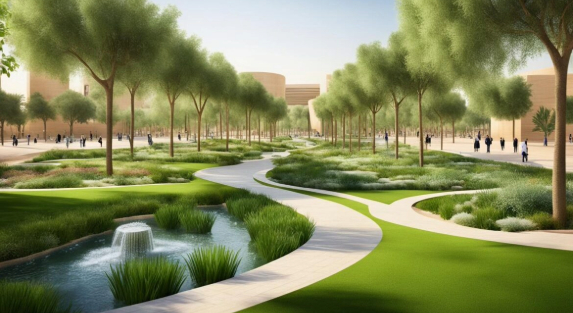
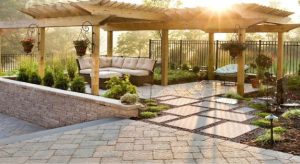
 .
.